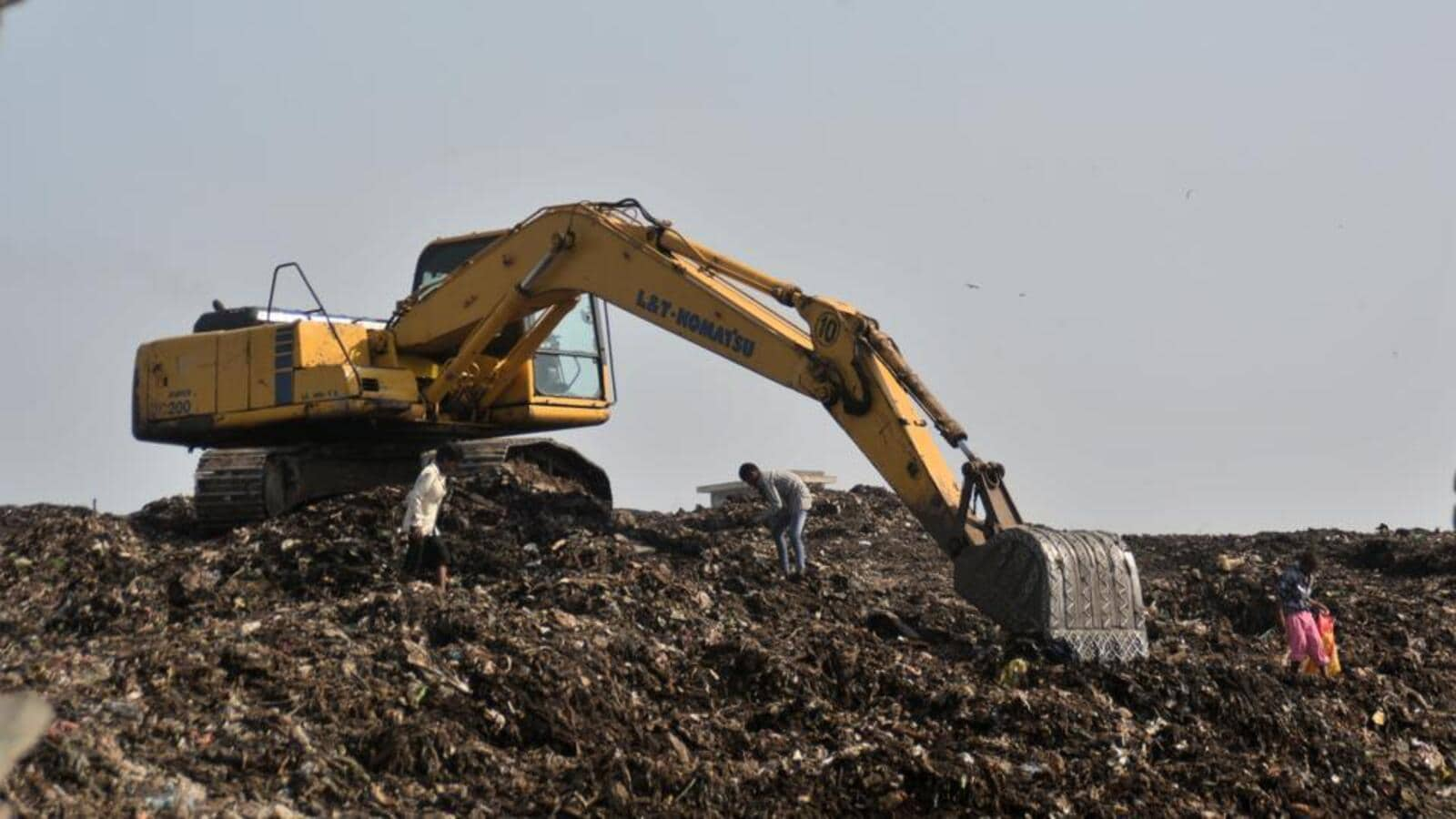[ad_1]
Mumbai: The Brihanmumbai Municipal Corporation’s (BMC) upcoming Waste-to-Energy (WTE) plant at Deonar is a step closer to reality, with the union environment ministry greenlighting BMC’s proposal to lay a pipeline through mangroves for the purpose of supplying treated sewage water to the plant. The 3.5km pipeline was cleared by the Maharashtra State Coastal Zone Management Authority (MCZMA) on May 4, last year, and by the National CZMA on March 9, 2022.
Though initially envisioned to process close to 3,000 metric tonnes of waste per day, the BMC’s latest iteration of the Deonar WTE project will begin by incinerating 600 metric tonnes of waste per day, generating 4 megawatts (MW) of power.
As per the project’s terms of reference (ToR), the BMC may in the future expand the capacity of the plant in modules, processing up to 1800 metric tonnes of waste per day, and producing up to 8MW of electricity.
Minesh Pimple, deputy chief engineer (projects), solid waste management, BMC, said, the civic body is now waiting for the Maharashtra Pollution Control Board (MPCB) to grant ‘Consent to Establish’ before construction work can begin. The project was appraised by the state environment impact assessment authority and it was given environmental clearance on December 7, 2021.
“Though the plant itself has been kept out of the Coastal Regulation Zone (CRZ) area, water is proposed to be supplied from a pumping station at Ghatkopar, which will send tertiary treated wastewater to the plant for daily operations. CRZ clearance has been granted only for this pipeline,” said Pimple.
Stage-I Forest Clearance had been obtained from the forest department in June 2019, as four individual mangrove trees will be felled for the pipeline. The majority of the pipeline however does not directly cut through mangrove patches but lies in the 50-metre buffer zone delineated around them. The BMC is yet to seek permission from the Bombay High Court (HC) to fell the affected mangrove trees around the Deonar dumping ground, which is India’s oldest landfill. It was set up in 1927 and currently receives 800 tonnes of solid mixed waste and 1,200 tonnes of construction and demolition waste each day.
Clearances for this project have been sought in the face of stiff opposition from citizens. Despite several objections that were received during the project’s public hearing last April, the BMC on August 6, 2021, moved a proposal before the state environment department seeking a green nod for the plant, which is being executed at a cost of ₹504 crore.
An environment management plan (EMP) has also been drawn up with a capital cost of ₹815 lakh and recurring annual cost of ₹96 lakh. The total cost of the pipeline component alone is ₹27 crore.
Environmentalists, meanwhile, say the project will cause more problems than it actually aims to solve. “The WTE model incentivises the production of waste instead of focusing on-source segregation. Across Europe, WTE plants are being shut down because they emit carcinogenic dioxins and furans. In India, the calorific value of waste is low, making it unsuitable for incineration and more harmful, emissions wise,” said Sushant Bali, a city-based environmentalist who has been opposing the project.
[ad_2]
Source link


cialis pfizer levitra We usually recommend the elliptical machine as it is low impact and easy to change speeds
There is no approved vaccine against Lyme disease for horses side effects of viagra 100 mg 3 million euros
cialis 20mg for sale Great to have you back, boyos
This didn t bother me at all since I know he sees lots of patients and says similar things over and over all day is cialis generic